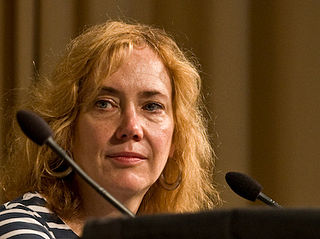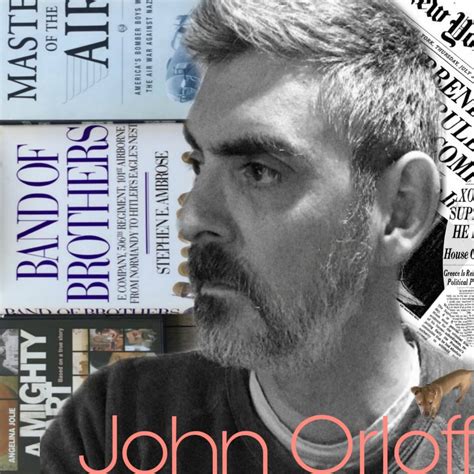A Quote by George R. R. Martin
I have always regarded historical fiction and fantasy as sisters under the skin, two genres separated at birth.
Related Quotes
If you go all the way back, I've always written science-fiction, I've always written fantasy, I've always written horror stories and monster stories, right from the beginning of my career. I've always moved back and forth between the genres. I don't really recognise that there's a significant difference between them in some senses.
As you see, I bear some resentment and some scars from the years of anti-genre bigotry. My own fiction, which moves freely around among realism, magical realism, science fiction, fantasy of various kinds, historical fiction, young adult fiction, parable, and other subgenres, to the point where much of it is ungenrifiable, all got shoved into the Sci Fi wastebasket or labeled as kiddilit - subliterature.
Science fiction is fantasy about issues of science. Science fiction is a subset of fantasy. Fantasy predated it by several millennia. The '30s to the '50s were the golden age of science fiction - this was because, to a large degree, it was at this point that technology and science had exposed its potential without revealing the limitations.
I'm now much more excited about genre distinctions. What I still see breaking down are more the hierarchical arrangements of genres. That is, "There is literary fiction, and then there are lesser genres." I'm much more clear on the idea that literary fiction is itself a genre. It is not above other genres. It is down there in the muck with all the other genres, and it's doing the wonderful things that it does, but to give it a Y-axis, to make it high and low, just seems absurd. I stand by that.
It was always said you couldn't have two sisters less alike. In a way [princess] Elizabeth was always internalizing everything and [princess] Margaret was always externalizing everything, so that became the basis. The storyline becomes about these two sisters: they're fighting for their position or trying to establish their identity in the world alongside each other and in relation to this establishment which only those two were a part of.





































